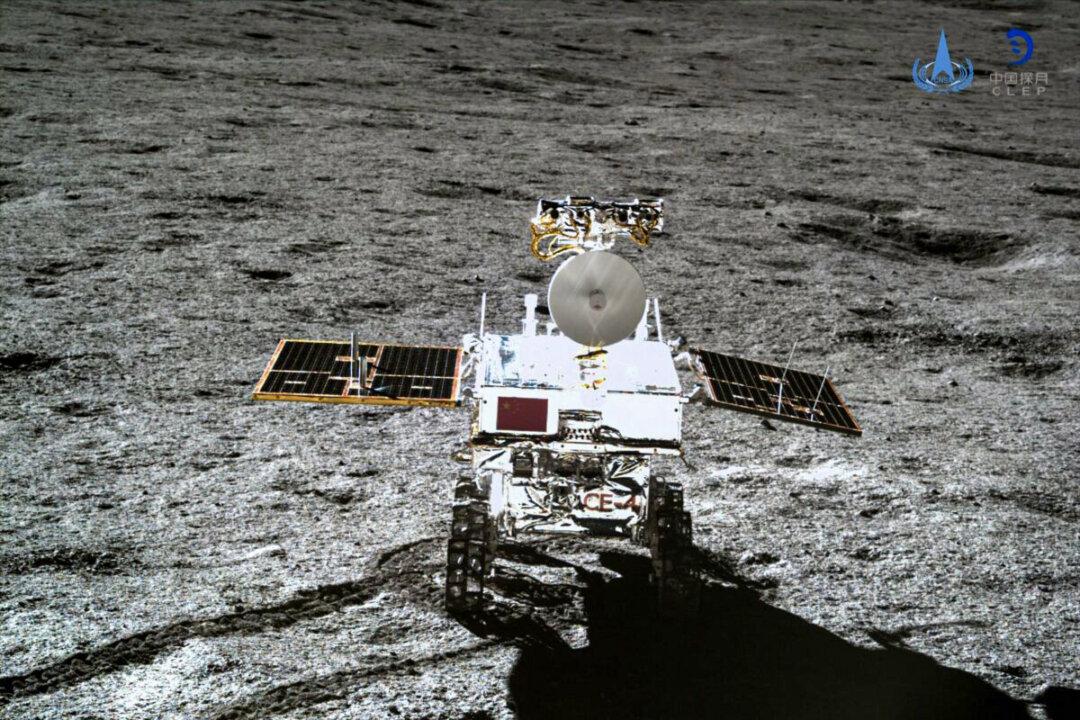Commentary
In a recent Politico interview, U.S. National Aeronautics and Space Administration (NASA) administrator Bill Nelson warned readers that this space race is fraught with danger.
For example, if China gets “to a place on the moon under the guise of scientific research,” he said, “it is not beyond the realm of possibility that they say, ‘Keep out, we’re here, this is our territory.’”
In December, U.S. Army Gen. James Dickinson, commander of U.S. Space Command, also sounded the alarm on China’s space ambitions. The Chinese Communist Party (CCP), he warned, believes that “space is a very important piece to not only their economic or the global economic environment, but also the military environment.” That is why “we continue to watch that very closely as they continue to increase capabilities.” One wonders if Dickinson and his colleagues are watching the continent of Africa closely.
As the United States looks to Australia and the United Kingdom to further its space ambitions, China looks to Africa to further its own. The question, though, is why?
In the immortal words of Gene Roddenberry, space is “the final frontier.” The 20th century gave us a space race for the ages, with two titans competing for celestial supremacy (spoiler alert, the United States won). Fast forward half a century and countries are talking about manned missions to Mars a decade from now. Some experts have poured copious amounts of cold water on the idea, arguing that we’ll never get to the Red Planet. They say that the idea of landing humans on such a deeply inhospitable planet isn’t realistic. That’s why the moon matters so much. It’s now 54 years since Neil Armstrong took “one giant leap for mankind,” and the United States is desperate to land another human on Earth’s only natural satellite. This fact is not lost on China, now racing to beat the United States to the satellite punch.




